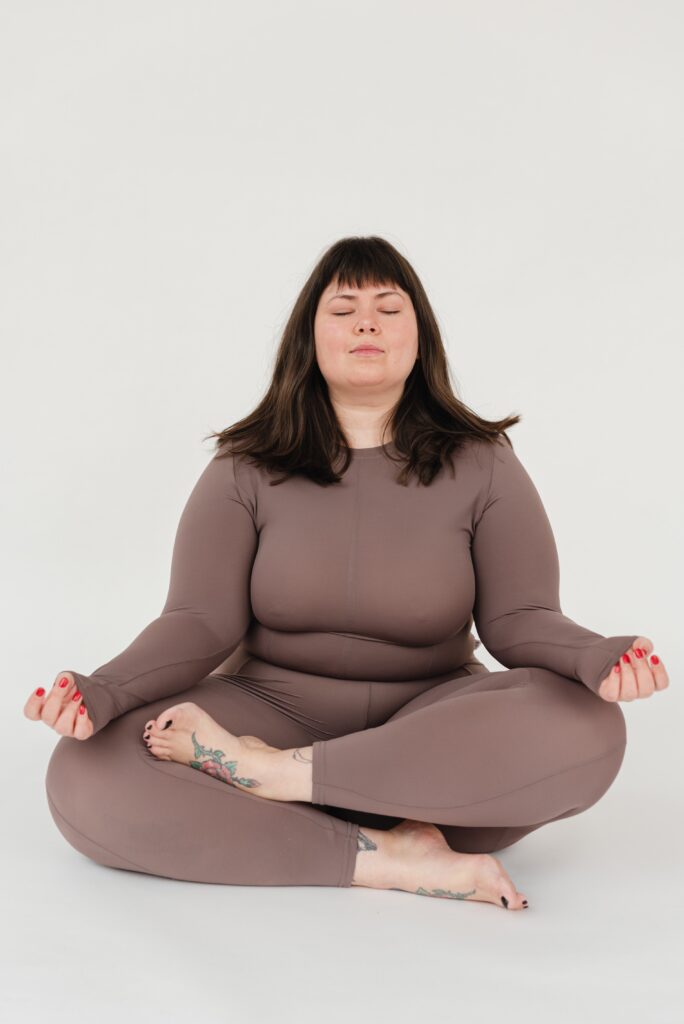8 Ways to Fight Low Self-Worth

Self-worth is the internal sense of being good enough and worthy of love and belonging from others. It is a topic that is widely discussed among various forms of media but is still heavily discussed often because a lot of people struggle with it.
If you were asked to describe yourself, what type of words would you use? Are they usually positive, neutral, or negative in nature? What made you say these things about yourself?
If you are someone who has a generally negative opinion about yourself, then you have low self-worth. It may show in different aspects of your life like school, work, love, and personal interests. If you want to know how to increase your self-worth then please continue reading this article on 8 ways to fight low self-worth.
1. Lessen your time on social media.

How many times do you compare yourselves to the people you see on your social media pages? What emotions does it make you feel? Many studies have discovered that frequent social media usage can lead to decreased self-esteem. Since humans have the tendency to compare, we can’t help but look at others’ lives on social media and get sad when we think they’re better than us. To help break away from this cycle, you can try picking up new hobbies. What have you always wanted to do? There are so many fun things to do that don’t involve social media. You can try dancing, exercising, going on trips, and more. Don’t be afraid of trying something new!
2. Surround yourself with uplifting people.

What do you think about your current group of friends? Do they lift you up or do they make you feel bad about yourself? The more time you spend with negative and possibly toxic friends, the more likely your sense of self will feel compromised (Roberts, 2013). In order to avoid this, we encourage you to surround yourself with supportive and open-minded individuals. These are people who you trust and can talk to without the fear of them being offended or mad. If you want to know how to make friends while in social isolation, you can check out How to Make New Friends Even In Social Isolation.
3. Do the things you love.
Which activities make you feel giddy with excitement? Is it painting? Singing? Reading? Whatever it is, do it. In research from Thrive (2019), making time to do what you love can help ease your stress, lift your mood, and expand your social circle. By feeling good about yourself because of what you’re doing, you’re also improving your self-worth. What are you waiting for? Go play some music and do what you love!
4. Stay away from negative self-talk.

How often do you associate yourself with negative words like ugly, unattractive, hopeless, and the like? In research from Liebrecht et al. (2019), it was stated that negative utterances are perceived as stronger than positive ones. It arouses more emotions and is stored better in your memory even more than positive affirmations. That’s why it’s important to be more self-aware of your self-deprecating habits and actively try to replace them with positive ones. It might help to focus on attributes of yourself that you like and slowly replicate that kind of feeling and mindset towards your lesser liked areas. It’s a slow process, but it’s good for the long run. Please remember that you are enough just the way you are and you don’t need to rely on anyone to feel valued.
5. Indulge in self-care.
People with high self-esteem and self-confidence value themselves in equal measure to others (Willis, 2019). To do this, you must look and feel the part. What forms of self-care are you doing? Do you have a skincare routine? Do you like putting on makeup and dressing well for yourself? Self-care doesn’t only involve face masks, cleansers, and the like. It is also a set of behaviors that establish the respect you have for yourself. This includes being more assertive, having good hygiene, and knowing when to take breaks. Don’t feel guilty and feel like you’re spoiling yourself. Instead, appreciate the little things you do because you deserve it.
6. Practice saying no.

Do you have difficulty saying no? You might feel like you have to constantly do favors just to please others, but that is not the case. Humans are social creatures. They naturally want to fit in and that’s why saying no to a favor feels like such a challenge. Saying no for the purpose of giving time to yourself to rest and do what you want isn’t being selfish. It is a form of self-care. Knowing when to say no can increase your self-worth because it shows that you value yourself enough by putting boundaries on what you like or don’t like. It is encouraged to be straightforward and respectful when saying no. You can also provide reasons when necessary. For this, honesty is the best policy. To read more about this, you can check How and When to Say No.
7. Know when to take breaks.

People with low self-worth often focus on their mistakes and believe that they’re not good enough. Do you see yourself this way? If so, you may be coping with it by overworking yourself without breaks. There are numerous methods of increasing self-worth and taking breaks is one of them. It can be very beneficial for you and your work by preventing stress, maintaining performance quality, and decreasing recovery time. It provides a reset in your mood, thereby promoting positive wellbeing (The Wellbeing Thesis, n.d.). The next time you feel overwhelmed, fatigued, or self-critical; you can try stepping away, taking deep breaths, and staying away until you’ve composed yourself. You can read more about this on 6 Signs You Need to Take a Break.
8. Take a challenge.
What are you afraid of? Social situations, rollercoaster rides, or confrontations? People with high self-worth have the confidence to do what they’re afraid of. You can try viewing these fears as opportunities for growth rather than recipes for failure. Try challenging yourself regularly – it doesn’t even have to be something big. It could just be talking to someone first or approaching a stranger for help. Either way, the sense of achievement after completing these challenges may help improve your confidence and self-worth. You can do it!
You are worth it.
Do you think you have low self-worth? Which points did you relate to? Please share your opinions in the comments section below. We would appreciate hearing about your personal experiences. Thank you for reading this article. Until next time!
REFERENCES:
Baldwin, M. (2018, September 25). The culture of social comparison. PNAS. https://www.pnas.org/content/115/39/E9067
Etolen, N. (2020, March 18). Effects of Bullying on a Child’s Self Esteem. OurFamilyWorld.Com. https://www.ourfamilyworld.com/bullying-and-cyberbullying/bullying-consequences/effects-of-bullying-on-a-childs-self-esteem/
Fuller, J. R., PhD. (2020, December 1). Social Media Use and Self-Esteem. New York Behavioral Health. https://www.newyorkbehavioralhealth.com/social-media-use-and-self-esteem/
Liebrecht, C., Hustinx, L., & van Mulken, M. (2019, January 10). SAGE Journals: Your gateway to world-class research journals. SAGE Journals. https://journals.sagepub.com/action/cookieAbsent
NHS website. (2021, April 12). Raising low self-esteem. Nhs.Uk. https://www.nhs.uk/mental-health/self-help/tips-and-support/raise-low-self-esteem/
skillsyouneed. (n.d.). Improving Self-Esteem | Skills You Need. Retrieved August 2, 2021, from https://www.skillsyouneed.com/ps/self-esteem.html
Tartakovsky, M. M. S. (2021, June 14). How and When to Say No. Psych Central. https://psychcentral.com/lib/learning-to-say-no
The Wellbeing Thesis. (2020, January 14). The Importance of Taking Breaks. https://thewellbeingthesis.org.uk/foundations-for-success/importance-of-taking-breaks-and-having-other-interests/
Thrive. (2019, August 27). The health benefits of doing what you love. https://thrive.kaiserpermanente.org/thrive-together/live-well/health-benefits-of-doing-what-you-love
UNCW. (n.d.). Self Worth. Retrieved August 2, 2021, from https://uncw.edu/counseling/selfworth.html
Willis, P. (2019, October 14). Why self care is intrinsically linked to your self esteem & self confidence. Unchain Your Brain. https://www.unchainyourbrain.org/2019/09/22/why-self-care-is-intrinsically-linked-to-your-self-esteem-self-confidence/






Responses